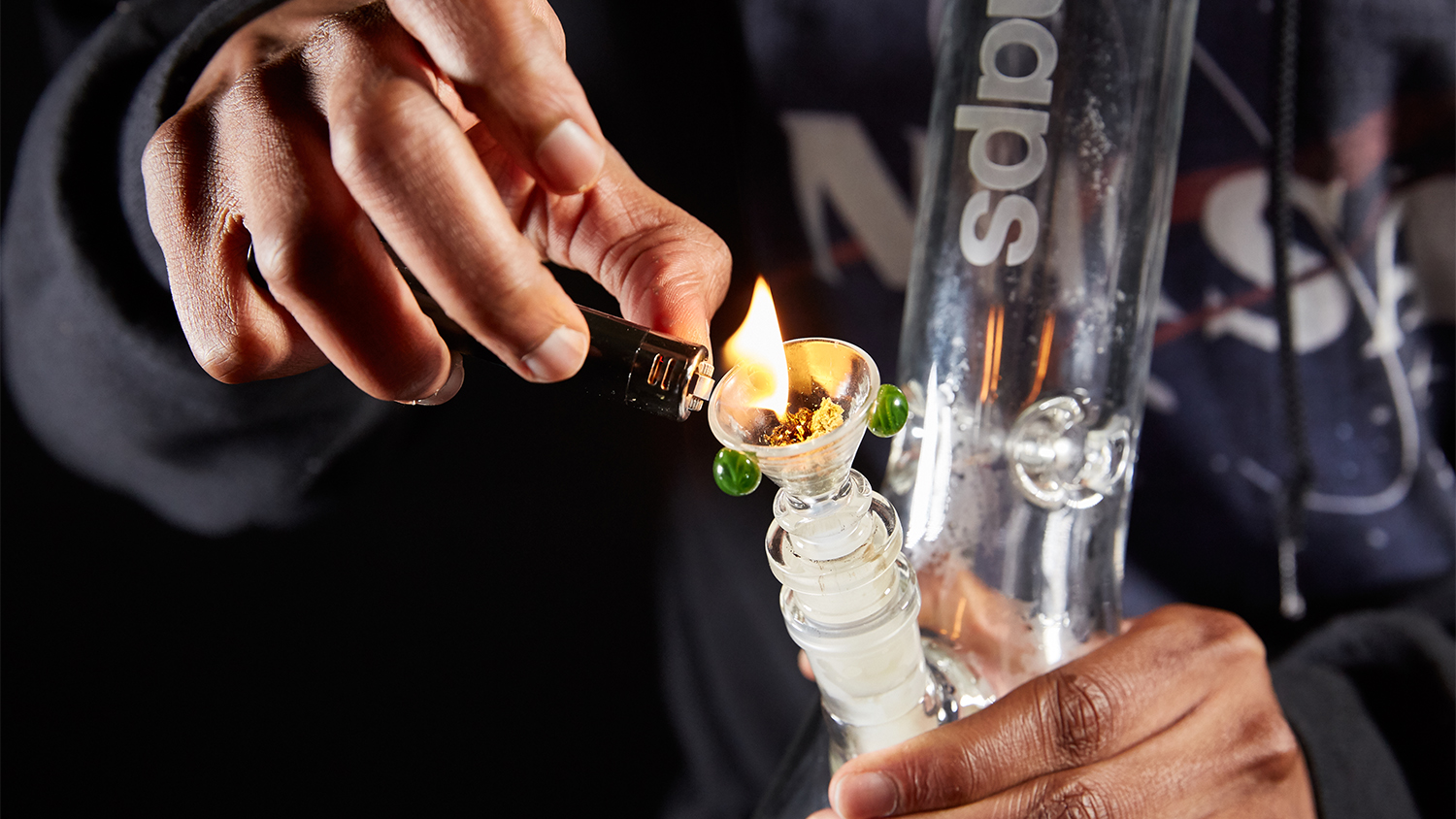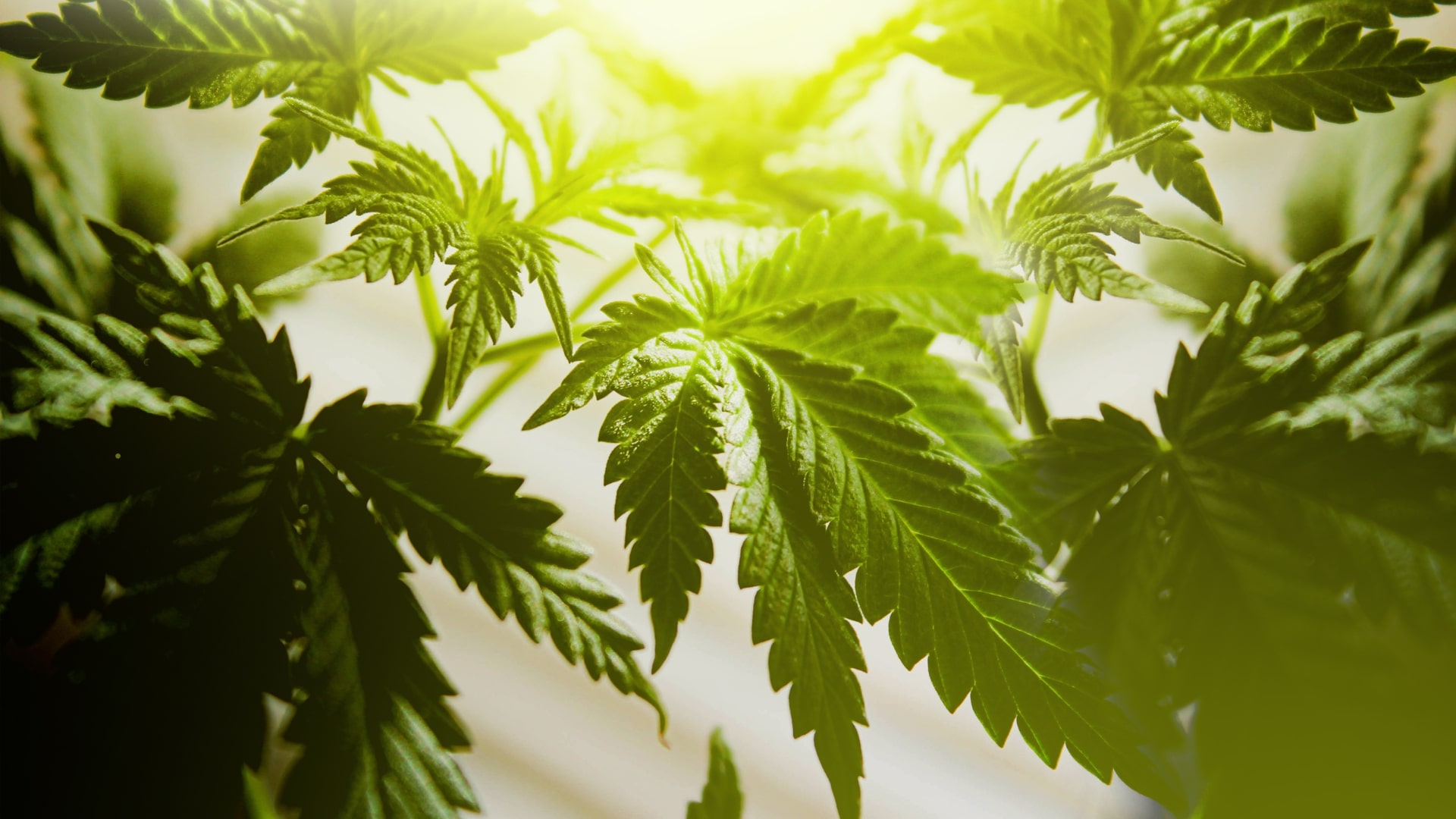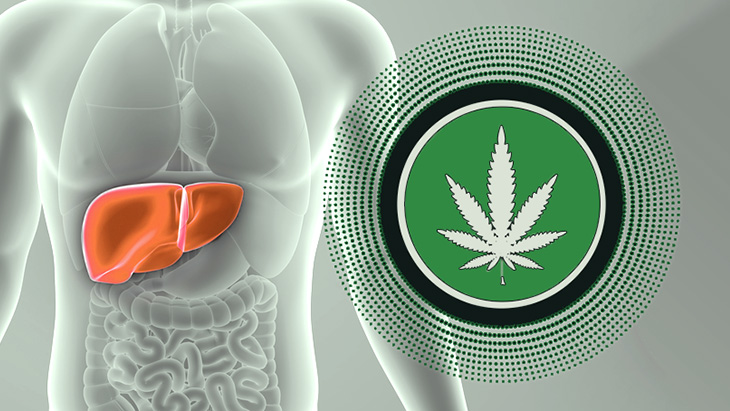
The cannabis plant produces around 100 cannabinoids and 300 non-cannabinoid chemicals. While the two primary cannabinoids most people are familiar with are Delta-9 tetrahydrocannabinol (THC) and cannabidiol (CBD), there’s one more that has the potential to capture the spotlight more than it currently does: THCa.
In this article, we’ll explore what THCa is and its potential in healthcare in the future. The more we understand about this cannabinoid, the easier it might be to make informed choices regarding its use.
What is Tetrahydrocannabinolic Acid (THCa)?
Tetrahydrocannabinolic acid, more commonly known as THCa, is a non-psychoactive cannabinoid in the cannabis plant. Of all cannabinoids, it’s the most abundant of the non-psychoactive variety.
It’s easy to be confused by its non-psychoactive status, given how close its name is to THC. THCa is named as such because it’s the precursor of THC, the primary psychoactive compound in cannabis.
THCa is what you’ll find in fresh, undried cannabis. It becomes THC through decarboxylation when the cannabis plants undergo the drying process. In general terms, decarboxylation is a chemical reaction for removing a carboxyl group and releasing carbon dioxide.
If you’re curious about what you can buy containing THCa, click here to view a range of products. This cannabinoid can be found in many different goods, such as gummies, disposable vapes, flower, and pre-rolls.
How is THCa Used?

THCa tends to be the primary cannabinoid in cannabis resin concentrates like hash oil and hashish. Cannabis producers start with high-THC fresh plants before isolating the THCa for use in products.
You can often find it in medical and recreational cannabis dispensaries in a powder form, and it can be smoked or vaporized, processes that convert the THCa into THC. Some people also consume it in supplements and edibles.
Can THCa Get You High?
Many people exploring cannabis goods for medical or recreational purposes wonder whether THCa can get you high. THCa is a non-psychoactive cannabinoid, but it becomes psychoactive when exposed to heat.
The decarboxylation process turns it into Delta-9 THC. This means that if you were to smoke or vaporize THCa, you may have a similar experience as you would when smoking or vaporizing Delta-9 THC.
What Could THCa Mean for Healthcare?

Medical researchers have a long way to go before they can say with any certainty that cannabis cures diseases and makes people’s lives better. We tend to have far more anecdotal evidence than real-world scientific evidence.
However, that’s not to say that THCa hasn’t shown potential, especially as an option for holistic health practices.
Anti-inflammatory Properties
Our bodies experience inflammation as a response to disease and injury. It’s the immune system’s way of responding to toxic compounds, pathogens, and damaged cells. The immune system gets to work trying to remove anything of potential harm and kickstart the healing process.
We need inflammation as a defense mechanism in health, but our bodies can sometimes take it too far. Chronic inflammation can occur when your body’s inflammatory response starts damaging health cells, organs, and tissue. There aren’t any ‘invaders’ to respond to, but the body doesn’t know that. Many people can experience inflammation when they have autoimmune disorders or untreated acute infections.
THCa shows potential for its anti-inflammatory properties in people with inflammatory bowel diseases. According to a study on anti-inflammatory activity in colon models, the non-psychoactive compound THCa might be more effective for combating inflammation than the more widely known CBD.
Metabolic Disease Prevention

Diet-induced obesity is an epidemic in the United States. According to the Centers for Disease Control and Prevention (CDC), the US obesity prevalence was 41.9%. Obesity-related conditions like type 2 diabetes, some cancer types, stroke, and heart disease are among the leading causes of preventable and premature death.
THCa isn’t a golden bullet for solving these problems, but it’s showing promise in reducing body fat and preventing metabolic diseases linked to diet-induced obesity. According to a 2020 Biochemical Pharmacology study, administering Delta-9 THCa in a mouse model with high-fat diet-induced obesity reduced fat mass and body weight gain.
It also improved glucose intolerance and insulin resistance. The data in this study revealed that THCa could substantially improve the symptoms of metabolic syndrome and inflammation related to obesity.
Pain
Managing chronic or ongoing pain can be challenging for those who don’t want to rely on pharmaceutical drugs. After all, many pain medications are highly addictive, such as oxycodone, hydrocodone, meperidine, and hydromorphone. Not everyone wants to take the risk with such opioids, even if they can help relieve pain.
That’s why many people are exploring more natural alternatives, such as THCa. Research into cannabis for pain relief is in its infancy, which means we’re heavily reliant on anecdotal evidence. However, studies show that THCa may allow patients to maximize their therapeutic gains using THCa for pain relief.
Anti-Nausea

Nausea and vomiting can severely affect your quality of life, especially when you’re unable to manage it. Many people undergoing chemotherapy treatment can feel unwell and often lose their appetite.
While traditional anti-nausea medication exists, not everyone enjoys relief. As a result, they often explore alternative products. THCa may be something worth considering if current evidence is anything to go by.
A study exploring THCa for nausea and vomiting in rats had some pleasing results. THCa ‘potently’ reduced condition gaping in rats and vomiting, suggesting that THCa may be a more potent alternative to THC for nausea and vomiting treatment.
Anticonvulsant Properties
Anyone living with epilepsy and other seizure disorders is likely interested in any natural and non-psychoactive treatment options that might reduce seizure frequency and severity. Studies are in their infancy, but THCa may be helpful.
In a Cannabis and Cannabinoid Research study exploring THCa for possible anti-convulsant effects, it was determined that THCa has the potential to help with seizure control. However, researchers did note that further exploration was needed due to THCa’s unstable nature.
We have a long way to go before we can say that THCa will be a game-changer in healthcare. However, the information researchers have uncovered through examining it for nausea, seizures, obesity, and inflammation might mean it becomes a leading player in holistic healthcare in the future.












